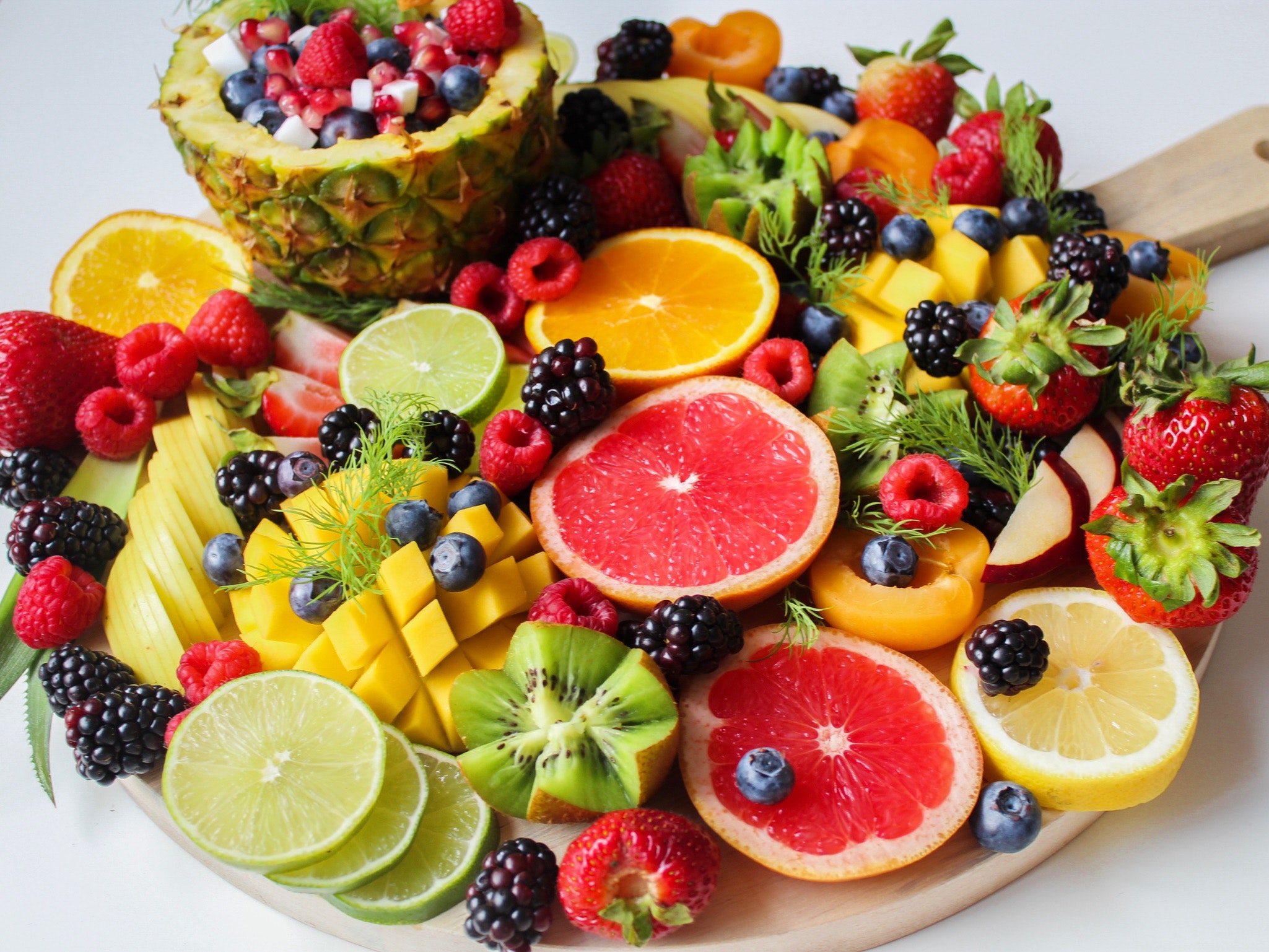Fruit And Health
Eating fruits, particularly berries, apples, mangos, oranges and cherries may be the secret to the fountain of youth. As it turns out, the old saying, "An apple a day keeps the doctor away" may be right. But why?
Quercetin
Writing for Healthline, Registered Dietician Ryan Raman Healthline explains that Quercetin is a pigment found in the flavonoids of fruits and vegetables. The many quercetin benefits that may occur as a result of eating colored fruit and vegetables include:
Possible Reduction of Inflammation
The anti-inflammatory effects of quercetin are strongly suspected due to research. The cumulative effect of free radicals which damage cells in the body are combated by quercetin.
Reduction of allergy Symptoms
Research on mice has shown quercetin reduces the effect of peanut allergies, and researchers hope to find similar benefits in humans.
Cancer Fighting
Again, the studies have been conducted in animals, not humans, but quercetin has been shown to reduce the growth rate of prostate, liver, breast cancer, colon and blood cells, and again, researchers hope to find similar benefits in humans.
Fighting the Early Effects of Alzheimer's Disease
Mice showing early stages of Alzheimer's were injected twice a day with quercetin shots. And they performed much better on learning tests and showed fewer markers of the disease. However, those in more advanced stages showed no positive effect. Still, it's a hopeful sign for those in the early stage of the disease.
May Reduce Blood Pressure
Mice given quercetin for five weeks showed an average of a 20 percent reduction in blood pressure.
Other benefits of fruit
Doctors at Harvard University note that researchers have found distinct indications of a reduction in cardiovascular disease, cancer, diabeates, weight loss, and gastrointestinal health. Meanwhile the British National Health Service in an article, "Why 5 a Day?" NHS mentions fiber, bowel cancer, constipation, stroke, cancer, and heart disease.
20 Great Fruits to Eat
In an article for Healthline.com at 20 Healthiest Fruits on the Planet, their vote for the best included: gratefruit, cherries, pinneaple, avocado, bluberries, apples, pomegranite, mango, strawberries, cranberries, lemons, durian, watermelon, olives, blackberries, oranges, bananas, grapes, guava, and papaya.
Can you eat too much fruit?
The plain answer is yes, you can. While government experts urge about two medium servings of fruit per day, some people eat 8, 10 and more servings every single day. One of the ways they do this is my juicing, which eliminates most of the fiber from the fruit. By juicing to make smoothies, some people can easily consume 6 or 8 servings of fruit in a single smoothie. Eat two smoothies a day, and you are way over the limit.
Besides packing on the calories, eating too much fruit can cause diarrhea, heartburn,
acid reflux and bloating. The same logic applies to drinking fruit juices or eating dehydrated fruit. Fruit juices are mostly sugar because the fiber has been removed from the fruit. For example, a glass of Coca Cola has around 10 tablespoons of sugar in it. While a similar glass of apple juice has 9.5 grams of sugar in it, and actually has more total calories than the glass of coke.
Even if the label says, 100 percent juice, experts point out that the manufacturers often store their juice in huge, airless vats for over a year before packaging. Similarly, dehydrated fruit is loaded with sugar and calories. A diet rich in fruit has many benefits as long as you don't overdo it. Treat it like a desert, not like your main meal.







